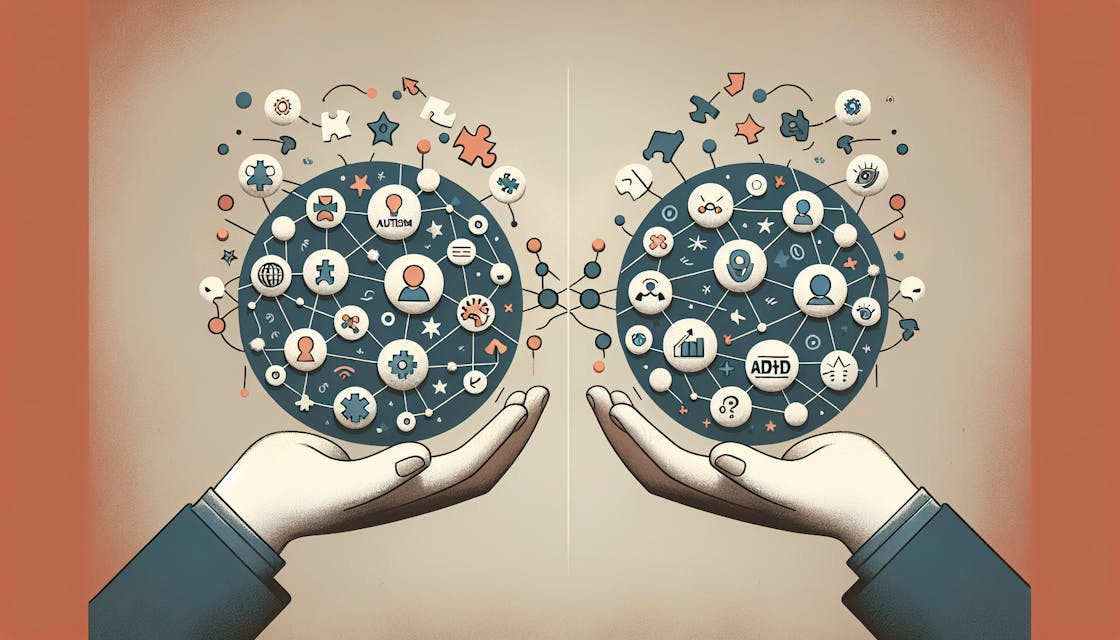The Role of Postsecondary Education in Autism: Empowering Independence
Unlocking independence through postsecondary education for individuals with autism. Discover strategies, support, and success stories.
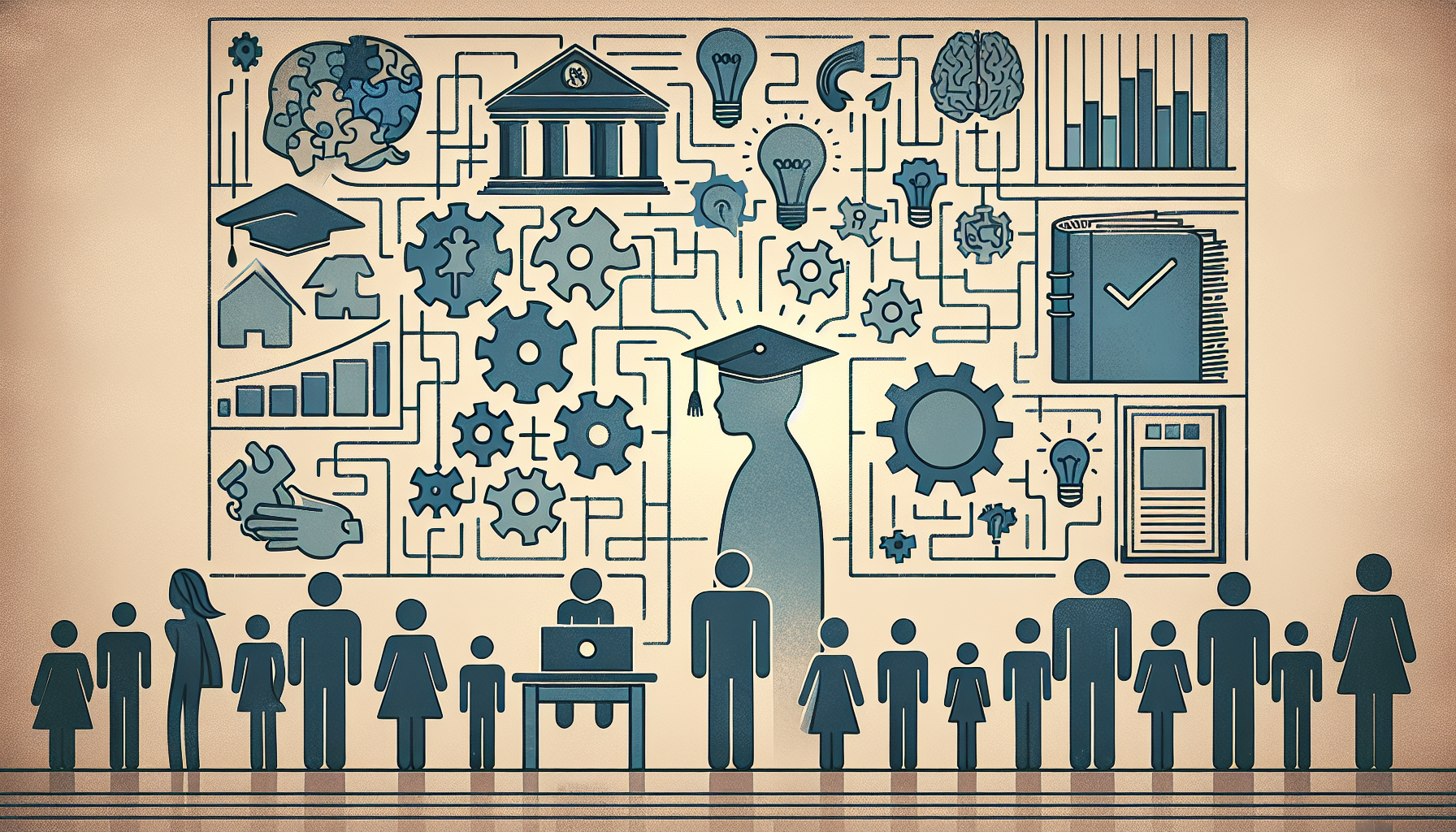
Understanding Autism and Postsecondary Education
When examining the role of postsecondary education in the lives of individuals with autism, it is essential to first understand what Autism Spectrum Disorder (ASD) encompasses and the importance of pursuing higher education for individuals on the spectrum.
Defining Autism Spectrum Disorder
Autism Spectrum Disorder is a neurodevelopmental disorder that affects social interaction, communication, and behavior. It is characterized by a range of symptoms and challenges that vary from person to person. Individuals with ASD may have difficulties with social skills, sensory processing, and repetitive behaviors.
According to the Diagnostic and Statistical Manual of Mental Disorders (DSM-5), some common features of ASD include:
- Impairments in social communication and interaction.
- Restricted and repetitive patterns of behavior, interests, or activities.
- Symptoms that are present in early childhood, although they may not become fully evident until later in life.
It is important to note that ASD is a spectrum disorder, meaning that it encompasses a wide range of abilities and challenges. Each individual with autism is unique and may require different types and levels of support.
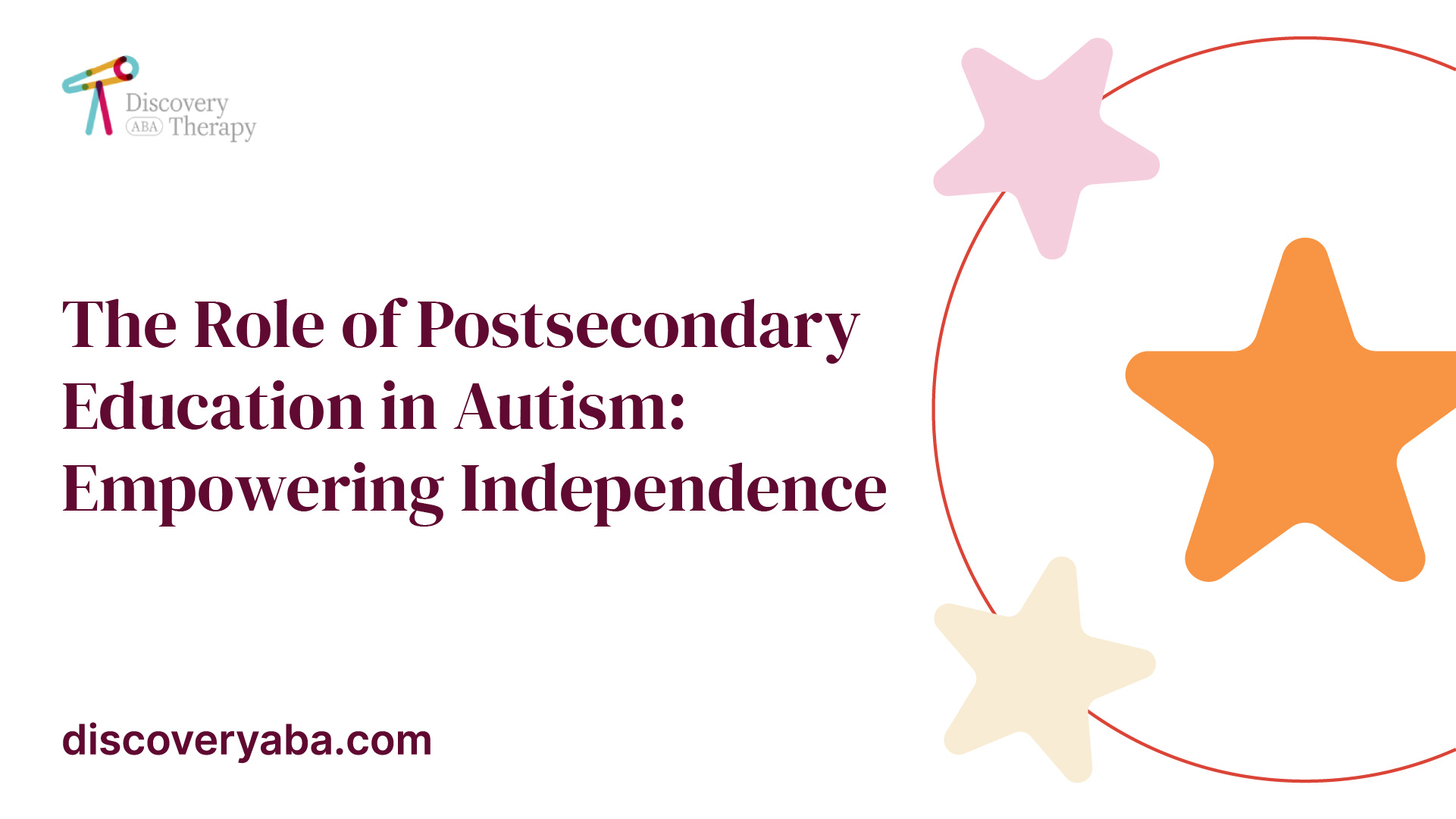
Importance of Postsecondary Education
Postsecondary education plays a vital role in empowering individuals with autism to achieve their full potential. It provides opportunities for personal growth, skill development, and increased independence. Here are some key reasons why postsecondary education is important for individuals on the autism spectrum:
- Academic Growth: Postsecondary education offers individuals with autism the chance to expand their knowledge, pursue their interests, and gain expertise in specific fields. It provides a structured learning environment that promotes academic growth and intellectual development.
- Social and Communication Skills: College or university can serve as a valuable setting for individuals with autism to enhance their social and communication skills. Interacting with peers, participating in group projects, and engaging in extracurricular activities can help individuals build relationships, improve social interactions, and develop vital communication skills.
- Employment Opportunities: Postsecondary education is often a stepping stone to better employment prospects. Having a degree or vocational training can increase the chances of finding meaningful employment and achieving financial independence. Higher education equips individuals with the skills and knowledge needed to succeed in the workplace.
- Personal Development: Pursuing postsecondary education allows individuals with autism to develop essential life skills such as problem-solving, critical thinking, time management, and self-advocacy. These skills are not only valuable for academic success but also for navigating daily life and future career endeavors.
By understanding the unique challenges faced by individuals with autism and recognizing the importance of postsecondary education, we can create a supportive and inclusive environment that enables individuals on the spectrum to thrive academically, socially, and personally.
Challenges Faced
When individuals with autism pursue postsecondary education, they may encounter various challenges that require understanding and support. These challenges can be categorized into three main areas: social challenges, academic challenges, and transition challenges.
Social Challenges
Social interactions can be particularly challenging for individuals with autism. Difficulty with social communication, understanding social cues, and forming meaningful relationships are common struggles. In a postsecondary education setting, these challenges can manifest in various ways. Some social challenges that individuals with autism may face include:
- Difficulty in initiating conversations and maintaining social connections.
- Misunderstanding nonverbal cues such as facial expressions, body language, and tone of voice.
- Struggling to navigate social situations, such as group work or social gatherings.
- Feeling overwhelmed in crowded or noisy environments, making it harder to engage with peers.
Addressing social challenges often requires creating an inclusive and supportive environment. Encouraging peer mentorship programs, providing social skills training, and fostering understanding among faculty and students can help individuals with autism feel more socially connected.
Academic Challenges
While many individuals with autism possess unique strengths and talents, they may face certain academic challenges that require additional support. Some common academic challenges include:
- Difficulty with organization and time management skills, which can impact meeting deadlines and completing assignments.
- Sensory sensitivities that can interfere with focusing on tasks in noisy or stimulating environments.
- Challenges with executive functioning skills, such as planning, prioritizing, and problem-solving.
- Difficulties with abstract concepts or understanding complex instructions.
To address these challenges, providing academic accommodations, such as extended time for exams, preferential seating, or access to note-taking services, can help individuals with autism thrive academically. Additionally, offering structured learning environments, clear expectations, and visual aids can enhance their learning experience.
Transition Challenges
The transition from high school to postsecondary education can be particularly challenging for individuals with autism. Adjusting to a new environment, managing increased independence, and navigating unfamiliar routines can pose difficulties. Some common transition challenges include:
- Adapting to the academic demands and expectations of higher education.
- Adjusting to a more flexible schedule and managing time effectively.
- Understanding the support services available and accessing them.
- Developing self-advocacy skills to communicate needs and seek assistance when necessary.
To support individuals with autism during the transition process, it is essential to provide comprehensive transition programs that guide and empower students. Offering orientation sessions, peer mentoring, and access to disability support services can aid in a smoother transition and increase the chances of success in postsecondary education.
Understanding and addressing these challenges can help create an inclusive and supportive environment for individuals with autism in postsecondary education. By providing the necessary support and resources, we can empower their independence and ensure equal opportunities for success.
Support and Resources
When it comes to pursuing postsecondary education, individuals with autism may benefit from various support and resources to ensure a successful academic journey. Here are some key areas where support and resources can make a significant difference:
Academic Accommodations
Academic accommodations play a crucial role in supporting individuals with autism in their postsecondary education. These accommodations are designed to provide equal access to education and create an inclusive learning environment. Examples of academic accommodations may include extended time for exams, preferential seating, note-taking assistance, and alternative testing formats. The specific accommodations will vary based on individual needs and can be determined through discussions with disability services offices at the educational institution.
Campus Support Services
Postsecondary institutions often offer a range of campus support services to assist students with autism in their academic and social integration. These services may include counseling and psychological services, tutoring and academic support programs, mentoring programs, and social skills development workshops. Collaborating with these support services can help students navigate the challenges they may face during their postsecondary education journey. It's essential for students to be proactive in seeking out these services and making use of the resources available to them.
Community Resources
In addition to the support and resources provided by the educational institution, individuals with autism can also benefit from community resources. These resources can include local autism organizations, support groups, and vocational rehabilitation services. These organizations and groups often offer guidance, advocacy, and additional support beyond the academic setting. Networking and connecting with other individuals with autism and their families can provide valuable insights, advice, and a sense of community that can contribute to a positive postsecondary experience.
By utilizing academic accommodations, tapping into campus support services, and accessing community resources, individuals with autism can obtain the necessary support to navigate their postsecondary education successfully. It's important for students to be proactive in seeking out these resources and advocating for their needs. With the right support system in place, individuals with autism can thrive academically and make the most of their postsecondary education experience.
Success Stories
Individuals with Autism in Postsecondary Education
Postsecondary education has provided numerous success stories for individuals with Autism Spectrum Disorder (ASD). With the right support and accommodations, many individuals with autism have thrived in postsecondary settings, gaining valuable skills and achieving their academic goals.
These success stories highlight the potential and capabilities of individuals with autism, showcasing their ability to navigate and excel in higher education. By sharing these stories, we can inspire and empower others with autism to pursue their educational aspirations.
Overcoming Challenges
While pursuing postsecondary education, individuals with autism may encounter various challenges. However, through perseverance and support, they have triumphed over these obstacles, proving that success is possible for everyone.
Some common challenges faced by individuals with autism in postsecondary education include:
- Social Challenges: Social interactions and forming connections with peers can be difficult for individuals with autism. However, many have developed strategies to navigate social situations, such as joining clubs or organizations related to their interests. These activities provide opportunities to meet like-minded individuals and build social connections.
- Academic Challenges: Individuals with autism may face academic challenges, such as difficulties with organization, time management, and executive functioning skills. However, with appropriate accommodations and support, they have been able to develop effective study strategies and academic routines.
- Transition Challenges: Transitioning from high school to postsecondary education can be overwhelming for individuals with autism. Adjusting to new environments, managing increased independence, and adapting to new routines can pose challenges. However, with proper transition planning and support services, individuals with autism have successfully transitioned to the postsecondary setting.
These success stories demonstrate the resilience and determination of individuals with autism in overcoming challenges and achieving their goals in higher education. They serve as an inspiration to others, showing that with the right support, individuals with autism can thrive academically and personally.
By sharing these stories and raising awareness about the experiences of individuals with autism in postsecondary education, we can foster a more inclusive and supportive environment for all students, regardless of their neurodiversity.
Strategies for Success
When it comes to navigating postsecondary education with autism, implementing effective strategies can greatly contribute to success. Here are three key strategies that can empower individuals with autism to thrive in a postsecondary environment.
Building a Support Network
Building a strong support network is crucial for individuals with autism pursuing postsecondary education. This network can include family members, friends, mentors, professors, and disability support services on campus. These individuals can provide emotional support, guidance, and assistance in navigating the challenges that may arise.
Additionally, joining support groups or organizations specifically tailored to individuals with autism can be beneficial. These groups provide a sense of belonging and understanding, allowing individuals to connect with others who share similar experiences. Online communities and forums can also serve as valuable resources for support and advice.
Time Management Skills
Developing effective time management skills is essential for success in postsecondary education. This is particularly important for individuals with autism, as they may require additional structure and organization. Here are some strategies that can help:
- Create a schedule: Utilize a planner or digital tools to create a schedule that includes classes, study time, extracurricular activities, and personal commitments. Breaking tasks into smaller, manageable chunks can help reduce overwhelm.
- Prioritize tasks: Identify the most important tasks and allocate time accordingly. This can help individuals stay focused and ensure that important deadlines are met.
- Set reminders and alarms: Use technology to set reminders and alarms for important deadlines, assignments, and appointments. This can serve as a helpful tool to stay on track and manage time effectively.
- Break tasks into smaller steps: For larger assignments or projects, breaking them down into smaller, manageable steps can make them feel less daunting. This approach allows individuals to make progress incrementally.
Self-Advocacy Techniques
Self-advocacy is a crucial skill for individuals with autism in the postsecondary education setting. It involves effectively communicating one's needs, rights, and goals to ensure appropriate support and accommodations. Here are some self-advocacy techniques:
- Know your rights: Familiarize yourself with the laws and policies that protect individuals with disabilities in the educational setting, such as the Americans with Disabilities Act (ADA).
- Understand your strengths and challenges: Reflect on your individual strengths and challenges related to autism. This self-awareness will enable you to effectively communicate your needs to professors, advisors, and support services.
- Communicate with professors and advisors: Initiate open and honest communication with professors and advisors about your specific needs and accommodations. Advocating for yourself can lead to a better understanding of your unique requirements and foster a supportive learning environment.
- Seek out resources: Take advantage of the resources available on campus, such as disability support services and academic support centers. These resources can provide guidance and assistance in addressing challenges and accessing appropriate accommodations.
By implementing these strategies, individuals with autism can navigate the postsecondary education landscape with confidence and maximize their potential for success. Building a support network, honing time management skills, and advocating for oneself are crucial steps towards achieving academic and personal goals.
References
- https://www.autism.org.uk/advice-and-guidance/topics/education/education-beyond-school/education
- https://www.ncbi.nlm.nih.gov/pmc/articles/PMC5182210/
- https://www.aane.org/resources/adults/higher-education/
- https://www.autismspeaks.org/tool-kit/postsecondary-educational-opportunities-guide
- https://www.affordablecollegesonline.org/college-resource-center/students-with-autism/
- https://www.collegechoice.net/college-resources-for-students-with-autism/
Find More Articles
Contact us
North Carolina, Tennessee, Nevada, New Jersey, Utah, Virginia
New Hampshire, Maine
Massachusetts, Indiana, Arizona, Georgia
.avif)























.jpeg)














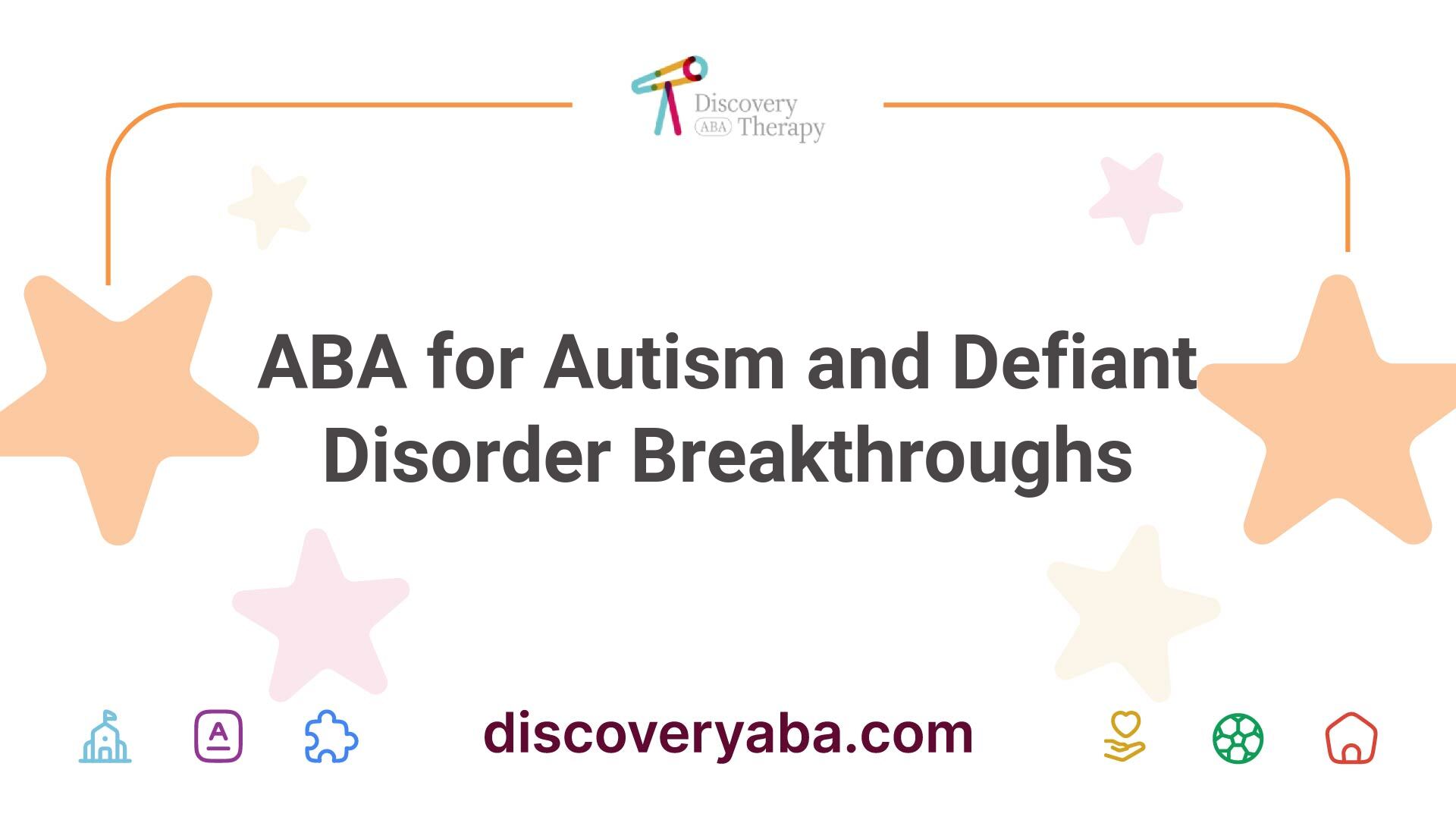





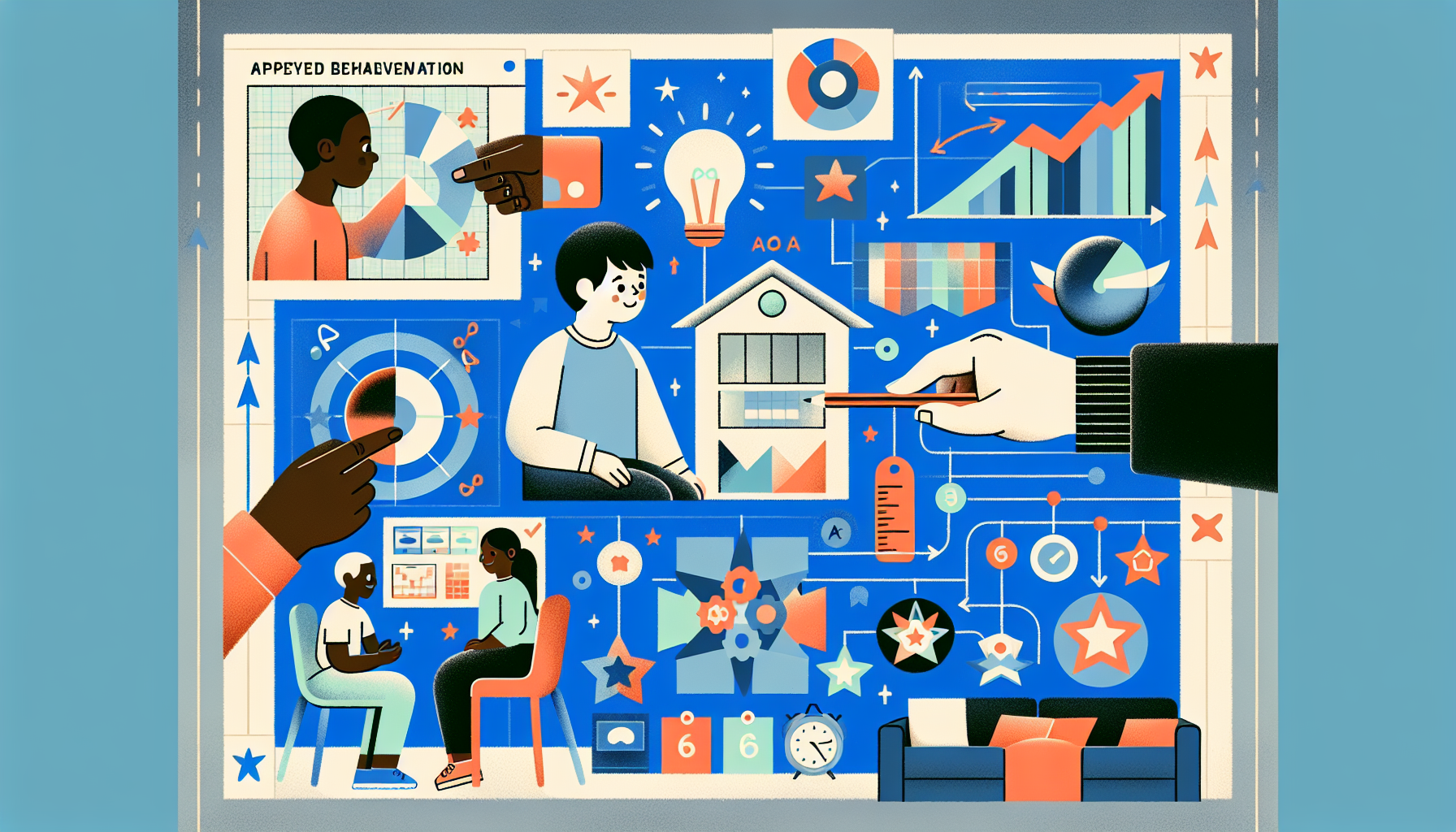

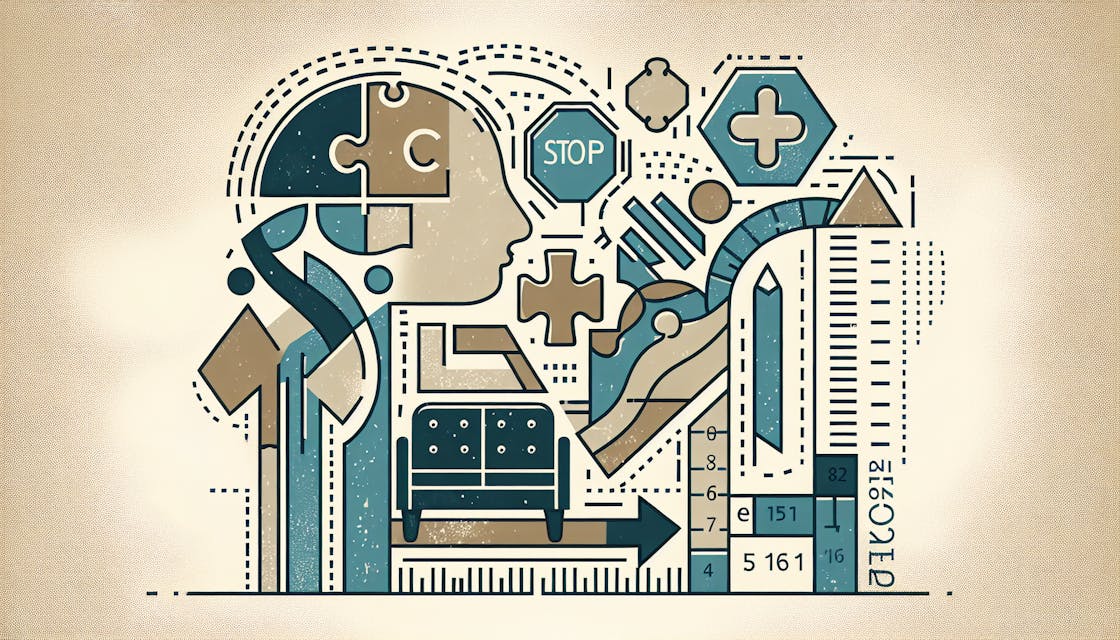




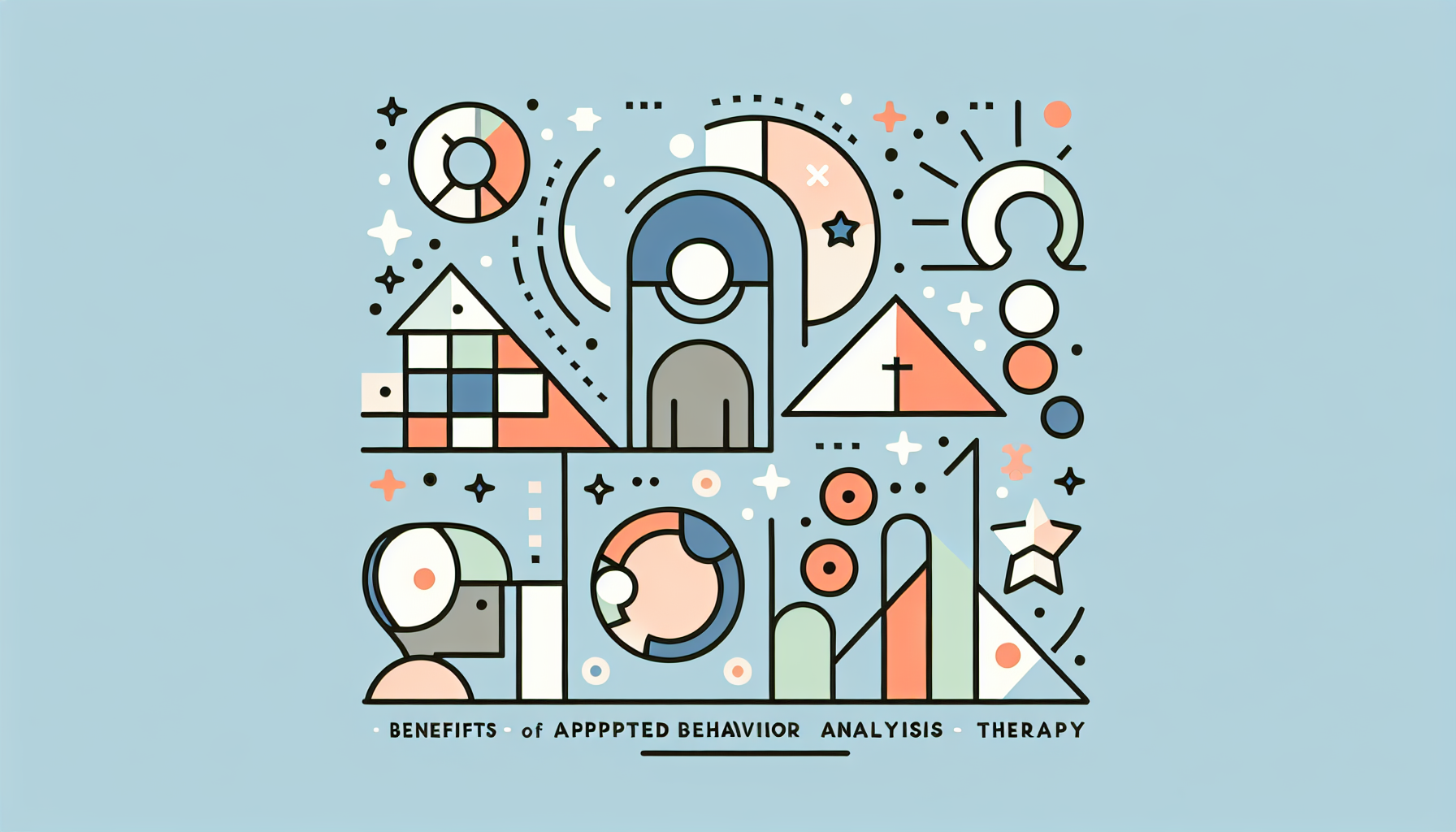






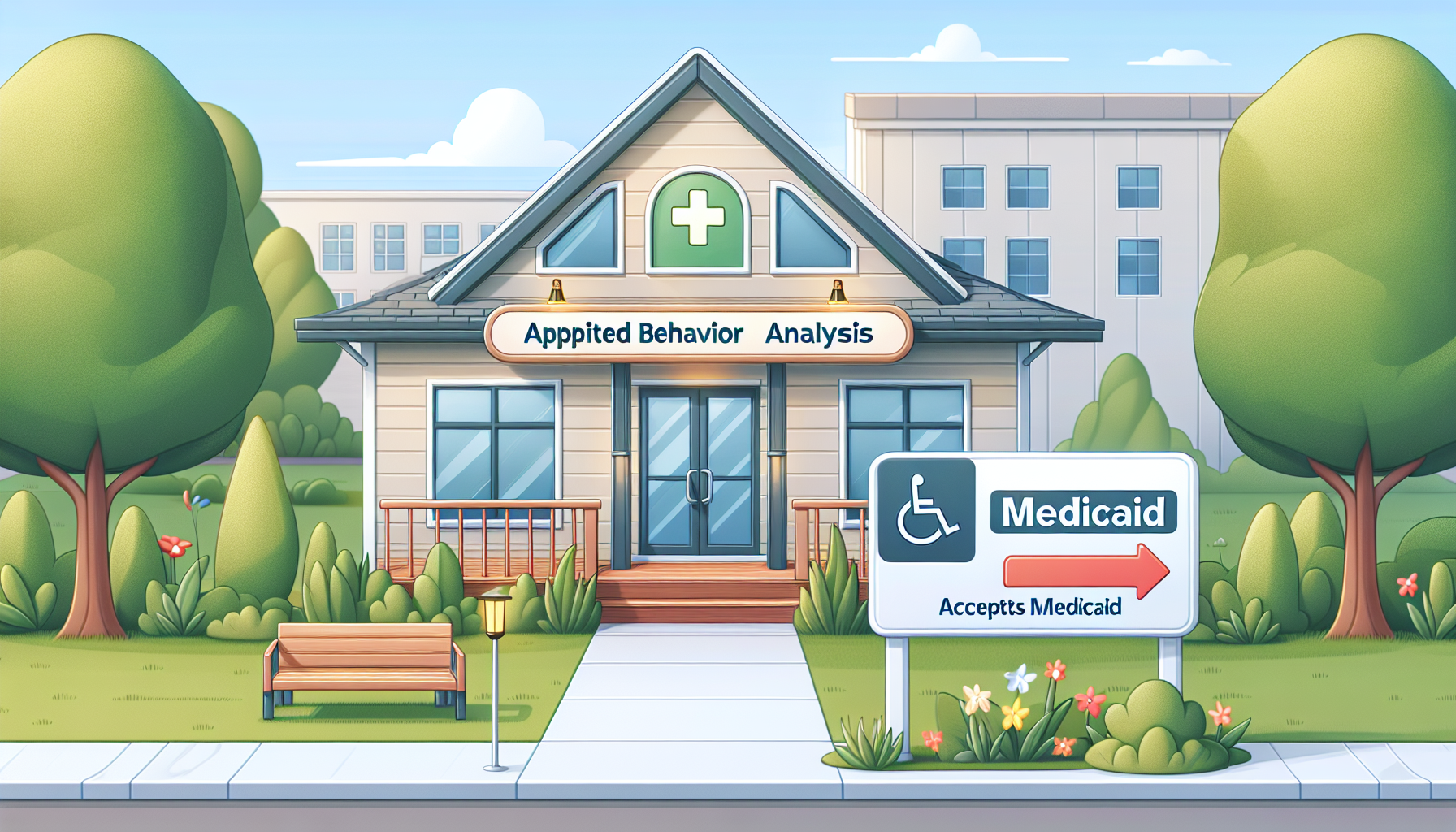




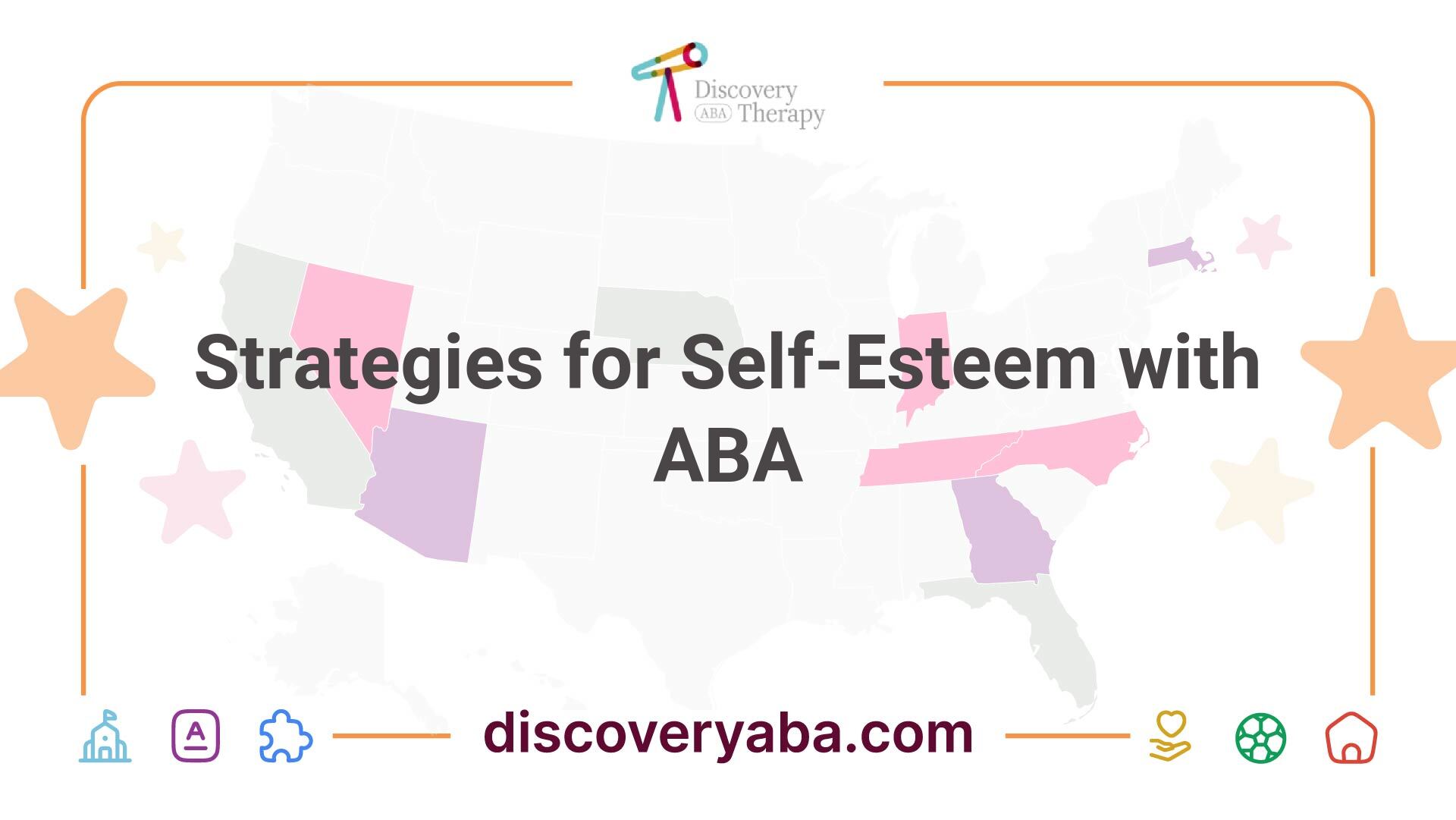




.jpeg)






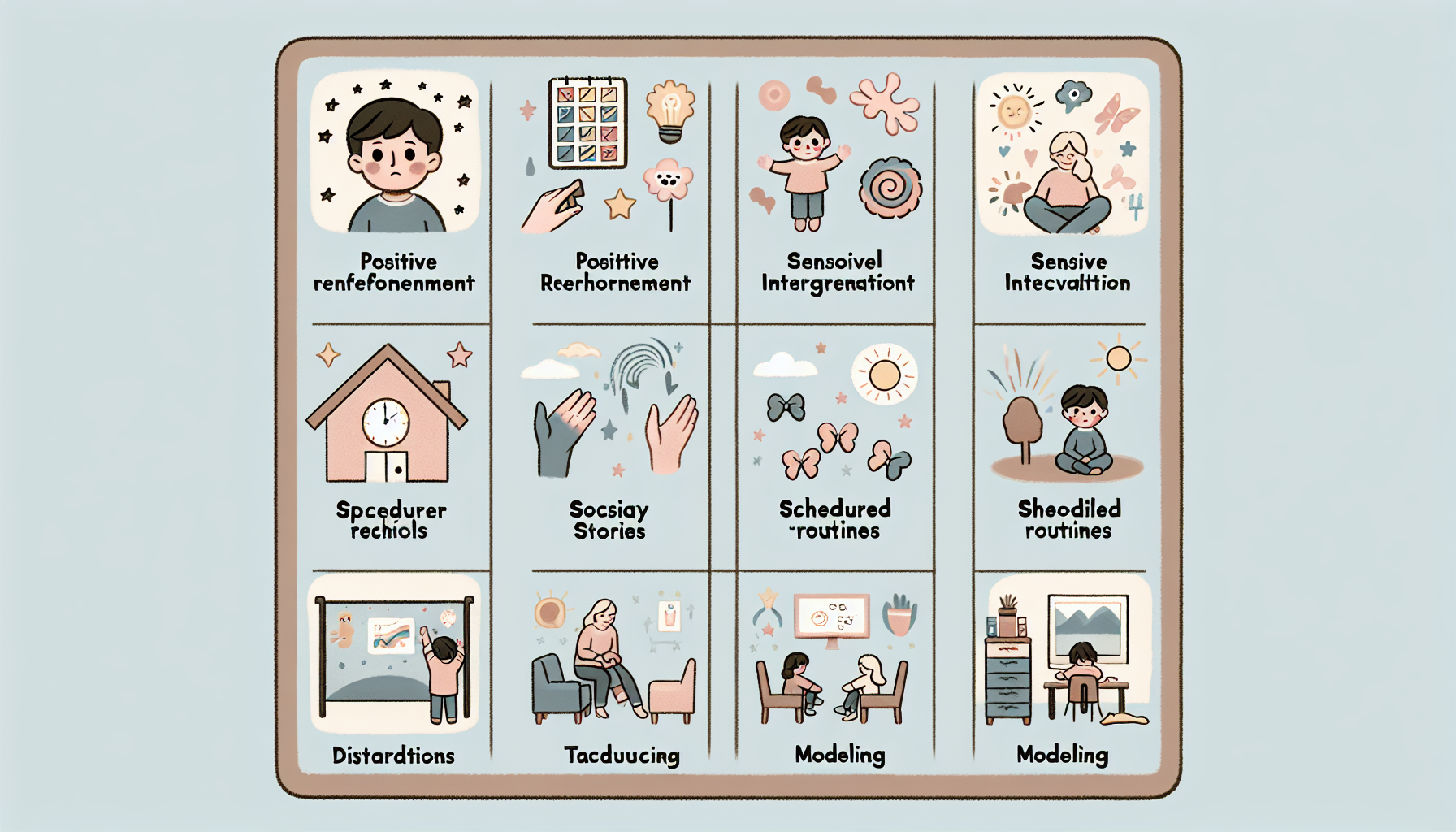

.jpeg)
.jpeg)

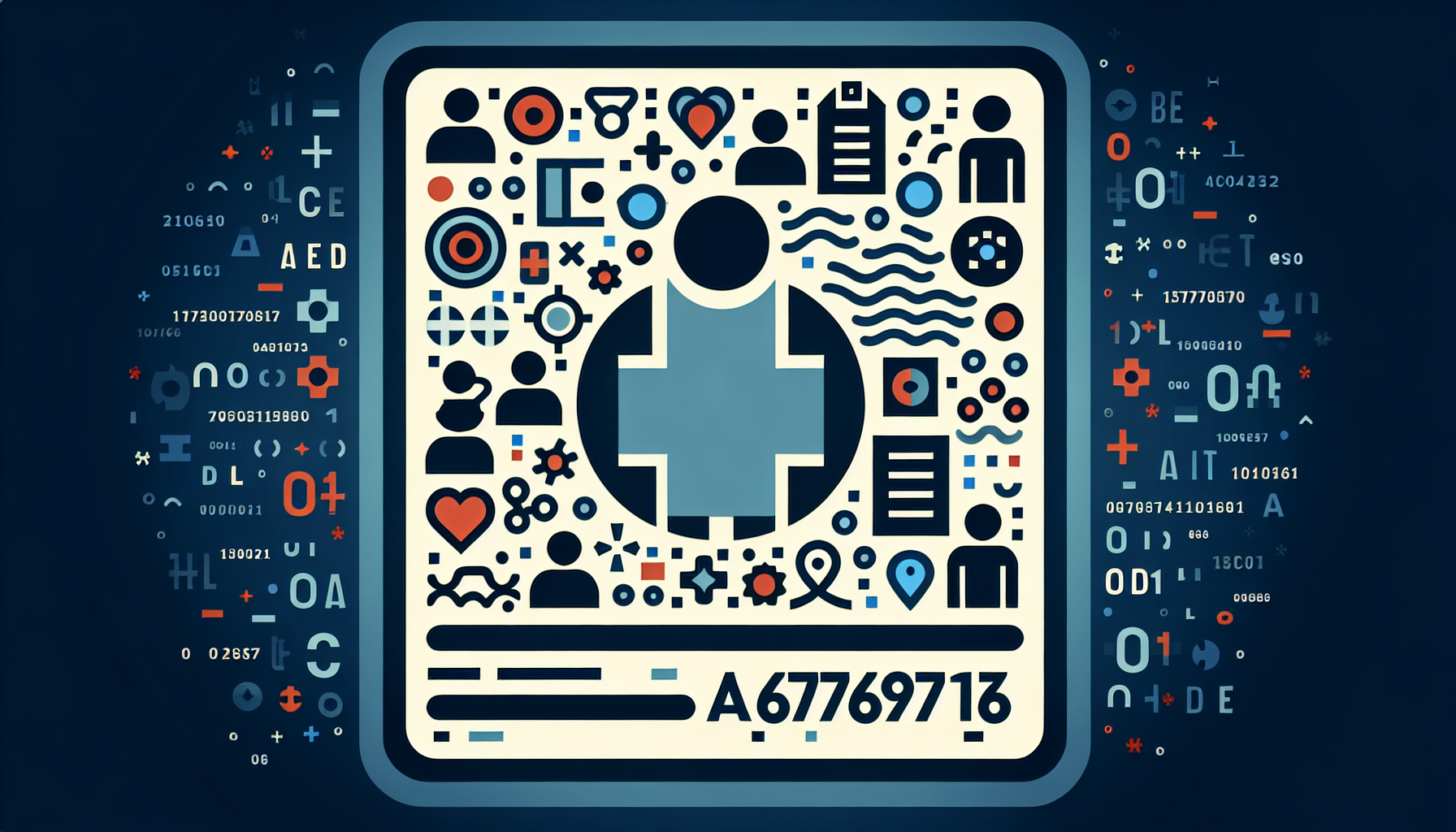

.jpeg)




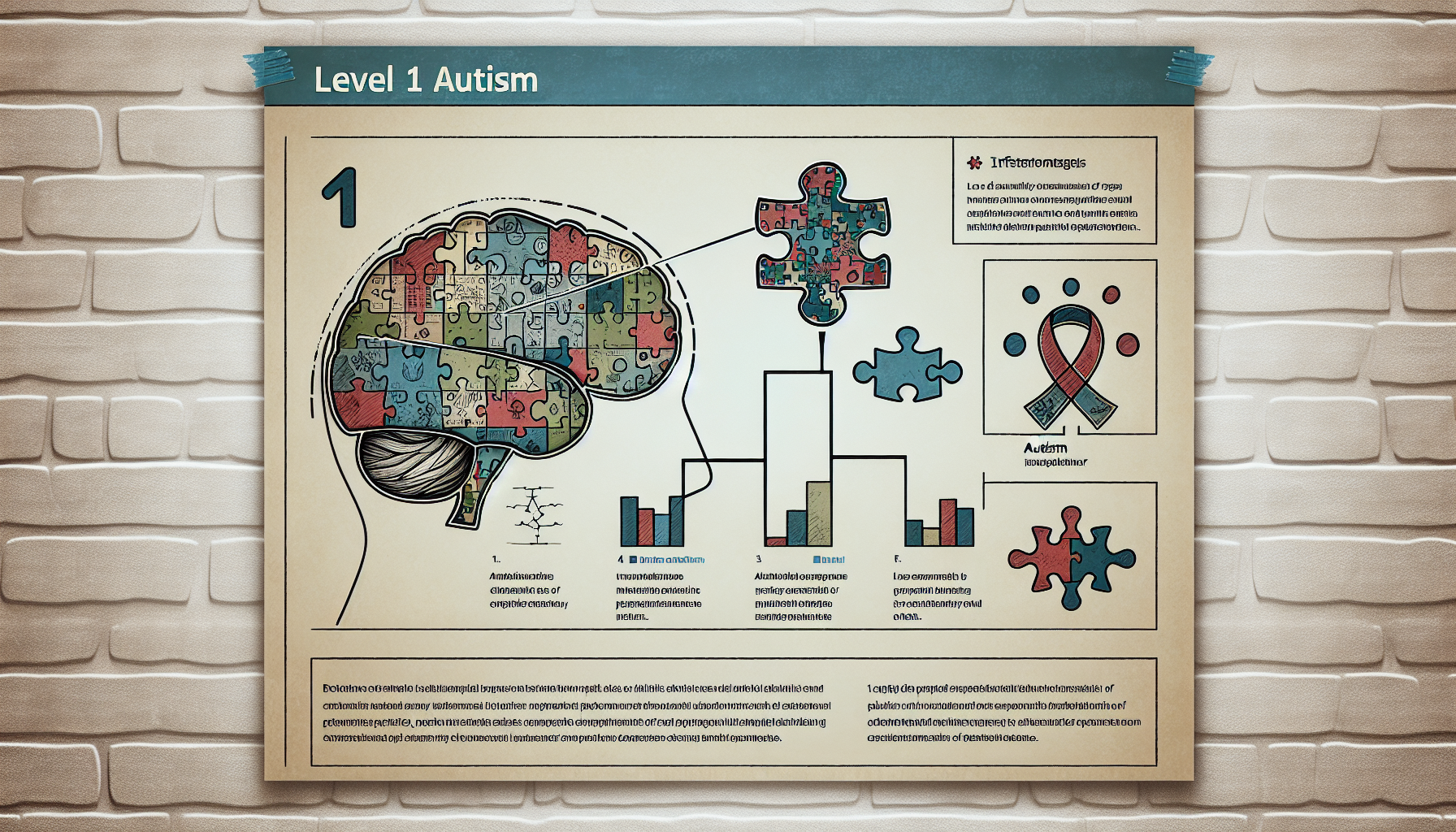











.jpeg)
.jpeg)
